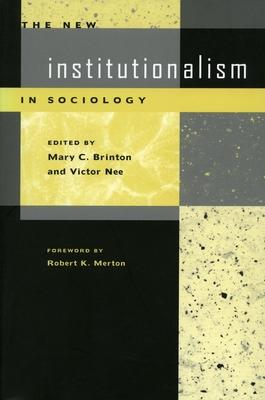Institutions play a pivotal role in structuring economic and social transactions, and understanding the foundations of social norms, networks, and beliefs within institutions is crucial to explaining much of what occurs in modern economies. This volume integrates two increasingly visible streams of research--economic sociology and new institutional economics--to better understand how ties among individuals and groups facilitate economic activity alongside and against the formal rules that regulate economic processes via government and law.
Reviews
"This volume is a welcome addition to the expanding literature on institutional analysis. . . . Besides sociologists, we are afforded the pleasure of contributions from anthropologists, economists, historians, political scientists, and scholars located in schools of law and education. . . . One of the pleasures of the volume is the wide range of topics, times, and locales addressed by the authors. . . . In all these diverse situations, the application of institutional queries and approaches enhances our understanding and appreciation of the endlessly rich and diverse nature of social life."--Contemporary Society
"This admirable book makes a strong contribution to institutional theory, has many excellent chapters . . . and is a model for interdisciplinary exchange and cross-fertilization. . . . It is dense with interesting ideas and points for debate, and I heartily recommend it."--Sociological Research Online
